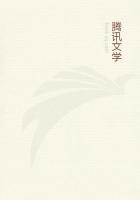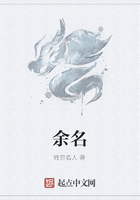“You’re a true hussar, young man,” the colonel shouted, thumping on the table again.
“What are you ****** such a noise about over there?” Marya Dmitryevna’s bass voice was suddenly heard asking across the table. “What are you thumping the table for?” she addressed the colonel. “Whom are you so hot against? You imagine, I suppose, that the French are before you?”
“I speak the truth,” said the hussar, smiling.
“It’s all about the war,” the count shouted across the table. “My son’s going, you see, Marya Dmitryevna, my son’s going.”
“And I’ve four sons in the army, but I don’t grieve. All’s in God’s hands; one may die in one’s bed, and in battle God may spare,” Marya Dmitryevna’s deep voice boomed back, speaking without the slightest effort from the further end of the table.
“That’s true.”
And the conversation concentrated into two groups again, one at the ladies’ end, and one at the men’s.
“You don’t dare to ask!” said her little brother to Natasha, “and you won’t ask!”
“I will ask,” answered Natasha. Her face suddenly glowed, expressing a desperate and mirthful resolution. She rose in her seat, her eyes inviting Pierre to listen, and addressed her mother.
“Mamma!” her childish contralto rang out over the table.
“What is it?” the countess asked in dismay; but seeing from her daughter’s face that it was mischief, she shook her hand at her sternly, with a threatening and forbidding movement of her head.
All conversation was hushed.
“Mamma! what pudding will there be?” Natasha’s little voice rang out still more resolutely and deliberately.
The countess tried to frown, but could not. Marya Dmitryevna shook her fat finger.
“Cossack!” she said menacingly.
Most of the guests looked at the parents, not knowing how they were to take this sally.
“I’ll give it to you,” said the countess.
“Mamma! what pudding will it be?” Natasha cried, with bold and saucy gaiety, feeling sure that her prank would be taken in the right spirit. Sonya and fat little Petya were hiding their giggles. “You see I did ask,” Natasha whispered to her little brother and Pierre, at whom she glanced again.
“Ice-pudding, only you are not to have any,” said Marya Dmitryevna. Natasha saw there was nothing to be afraid of, and so she was not frightened at Marya Dmitryevna even.
“Marya Dmitryevna! what sort of ice-pudding? I don’t like ice cream.”
“Carrot-ices.”
“No, what sort, Marya Dmitryevna, what sort?” she almost shrieked. “I want to know.” Marya Dmitryevna and the countess burst out laughing, and all the party followed their example. They all laughed, not at Marya Dmitryevna’s answer, but at the irrepressible boldness and smartness of the little girl, who had the pluck and the wit to tackle Marya Dmitryevna in this fashion.
Natasha only desisted when she had been told it was to be pineapple ice. Before the ices, champagne was passed round. Again the band struck up, the count kissed the countess, and the guests getting up from the table congratulated the countess, and clinked glasses across the table with the count, the children, and one another. Again the waiters darted about, chairs grated on the floor, and in the same order, but with flushed faces, the guests returned to the drawing-room and the count’s study.














